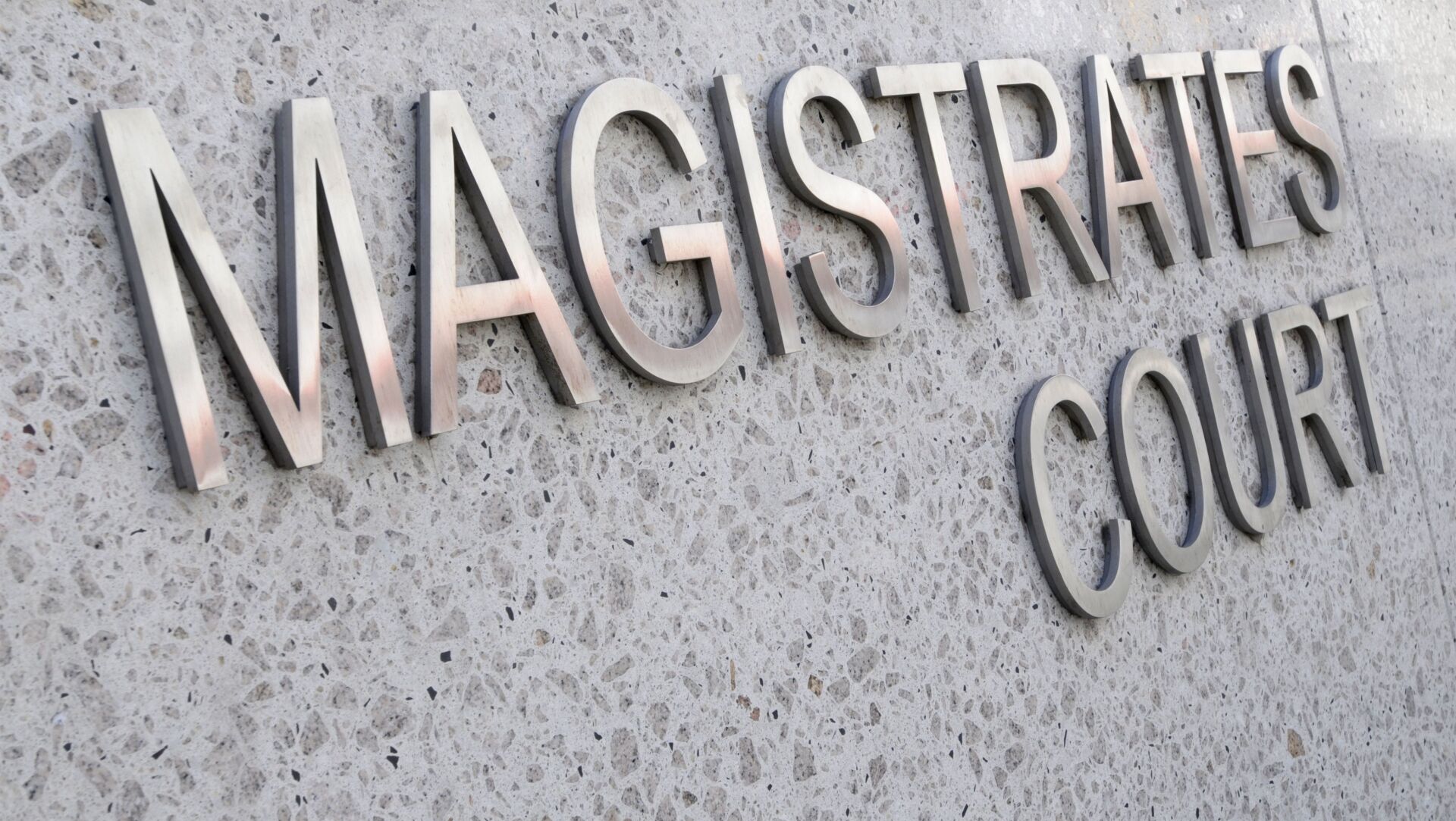
WHAT IS A POWER OF ATTORNEY?

In the State of South Carolina, a Power of Attorney (“POA”) is a legal document that conveys to another written authority to assist you, either immediately or upon a future condition, regarding financial decisions while you are alive. The person appointed powers under a Power of Attorney is called an “agent” (under older statutes, the “agent” was called an “attorney in fact”). The person for which a Power of Attorney is drafted is called a “principal.” Upon death, a Power of Attorney written and executed on your behalf is no longer effective; instead, it “dies” with you. At that point, the Executor of your estate (otherwise known as a Personal Representative) takes over (or, in the case of Trusts that touch on your property after your passing, a Trustee takes over).
What are common powers granted in a Power of Attorney?
Not all Powers of Attorney are the same; different individuals have different requirements that will result in unique powers granted or withheld in a Power of Attorney. However, it is not uncommon to see powers expressly added that include authority to deal with the State of South Carolina and the IRS on all tax matters including income and gift taxes, accessing safe deposit boxes, changing beneficiary designations on life insurance and retirement plans, changing one’s residence, among many others.
When does a Power of Attorney take effect?
Like so many answers in law, this is no different: it depends. If a Power of Attorney is durable, then it provides that it will stay in effect even if you become incapacitated later on. If a Power of Attorney is springing, then it only takes effect if once you have become incapacitated and your doctor or multiple doctors (depending on how your POA is drafted) sign a statement that you, the incapacitated person, need another individual to handle your affairs.
Who should I appoint as my Agent in a Power of Attorney?
You should only name a person in a Power of Attorney if you can fully trust them and rely upon them because a Power of Attorney is a very powerful document. Again, not only should you find this person trustworthy, but also reliable; Powers of Attorney often require the Agent to keep accountings (at least annually) for their actions on behalf of the Principal, especially while the principal is incapacitated. In this context, trust and reliability are distinct terms. For instance, you may know someone you love very much and confide information to them on a personal level, but that same person may not necessarily be reliable enough to do even basic bookkeeping or record keeping. Never feel compelled to appoint an agent as a favor or as a gesture of goodwill—an agent must be both trustworthy and reliable.
SEARCH
RECENT POSTS

By Watson Fowler
•
20 Oct, 2017
As criminal defense lawyers in Greenville and Upstate South Carolina , we routinely handle bond hearings (or bail hearings). A bond hearing is usually the first thing that occurs when a person is arrested in South Carolina. After an accused is booked at a jail, a bond judge will hear the case and decide whether to release the accused from custody, and if so, under what conditions (making bail).

By Watson Fowler
•
18 Oct, 2017
As Greenville defense attorneys, Joe Watson and Asher Watson frequently appear at preliminary or “probable cause” hearings for our clients. In the State of South Carolina, anyone arrested for felony charges, as well as for misdemeanor charges, has the right to a preliminary hearing. However, if a hearing is not requested within ten days of the arrest, then the right to a preliminary hearing is deemed waived and can no longer be requested or otherwise granted.

By Watson Fowler
•
20 Oct, 2017
As criminal defense lawyers in Greenville and Upstate South Carolina , we routinely handle bond hearings (or bail hearings). A bond hearing is usually the first thing that occurs when a person is arrested in South Carolina. After an accused is booked at a jail, a bond judge will hear the case and decide whether to release the accused from custody, and if so, under what conditions (making bail).

By Watson Fowler
•
18 Oct, 2017
As Greenville defense attorneys, Joe Watson and Asher Watson frequently appear at preliminary or “probable cause” hearings for our clients. In the State of South Carolina, anyone arrested for felony charges, as well as for misdemeanor charges, has the right to a preliminary hearing. However, if a hearing is not requested within ten days of the arrest, then the right to a preliminary hearing is deemed waived and can no longer be requested or otherwise granted.

ABOUT US
The attorneys at Watson Fowler bring to bear enormous experience in all levels of court in South Carolina
P: 864-467-0380
F: 864-362-8342
INFORMATION
© 2022 Watson Fowler | All Rights Reserved.